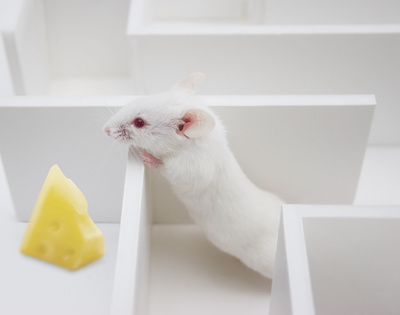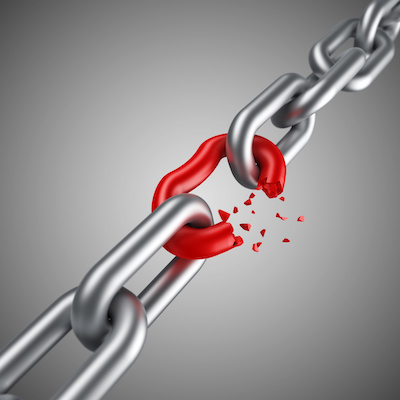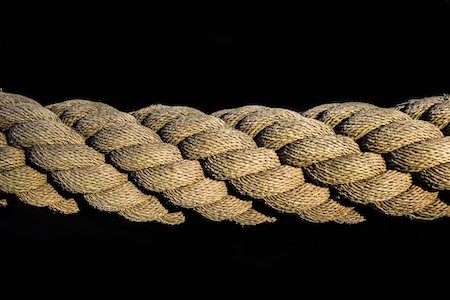Who stole my cheese?

This book on personal development talks about rats in a maze that have to find cheese. They learn the shortest route to find it and get there quicker and quicker.
But one day their cheese is not in the usual place. Some rats continue to follow the same route in the hope that their cheese will come back.
Other rats soon realise that there’s nothing to eat there anymore and start to look elsewhere.
Our own cheese has clearly moved since last year. And our reactions are just like those of our rat colleagues.
Food served in restaurants cannot go through the Internet. So restaurant owners are taking a new route: click & collect.
I can’t do my training face-to-face. But my customers still want to make progress, so I do remote coaching.
So it’s not the maze that’s the problem but the route we take, or rather, the one we create!
Would you like to change paths?
Pardon

To pardon, from the Latin perdonare, means “to totally release from obligation”.
By pardoning, we erase the obligation of the person who has caused us harm.
In doing this, we release ourselves from the obligation to seek reparation and we radically change our own existence.
Pardoning is not a charitable act towards another person, it is a great favour we do ourselves.
We break the link that ties us to the offender and holds us back.
By declaring them free of their “debt towards us”, we free ourselves at the same time.
What pardon could you give that would open the door of your prison?
Do you feel like pardoning someone to free yourself and live a more carefree life?
Allowing things to mature

The twenty-first century does not seem to be an era of patience. We pull on the grass to make it grow faster instead of letting nature take its course.
In a hurry to see the result, we forget to enjoy the rich pathway of learning. We make do with results acquired by pressure, which may be good but are rarely excellent.
Michelangelo didn’t keep an eye on his watch to finish his works of art on time.
Should we look at the screen quietly until a fascinating idea appears?
Seek for the adverb that will exactly suit the statement we are writing?
What if we made a real effort to enjoy the process?
Would you like to sing the praises of slowness?
Cutting the cord
Barely have we seen the light of this world, than the cord that connects us to the old one must be cut. No going back. We might look at our mother’s belly with nostalgia, but going back there is impossible.
Moving from one state to another is something that happens to us throughout our life as cords are cut.
Because we can be oversensitive or nostalgic, humans tend to try and hold on to the old while living the new. As if we were a bird dragging around its eggshell or a snake its old skin.

Half-finished things necessarily have consequences. Our hands, hearts and minds are occupied with the old and cannot concentrate a hundred percent on the new.
Marie Kondo, the queen of tidying up, preaches letting go. Thanking the old before putting it aside and creating the necessary space for what IS.
Feel like giving your present and your future all the room it needs?
Cutting the cord was vital when you were born. And it continues to be.
The “Big Five”
On an African safari, the photo hunter needs to see what is known as the BIG FIVE: the lion, the leopard, the rhinoceros, the buffalo and the elephant.
Once they have them on film, they can go home with their Holy Grail.

John Strelecky uses this analogy in his book “The Big FIVE for life”: what are the five things that you would like to have accomplished before you leave this world?
This isn’t about what we call a bucket list, in other words all the things you want to DO before you die, but more about our achievements.
Achievements like having raised our children as responsible adults. Having brought humour to those around us. Having contributed to a cause. Or simply having travelled the world.
We are so busy reacting to daily stimuli that we are often in reaction mode to what life throws at us.
Feel like reversing the trend and thinking about your “BIG FIVE for life”?